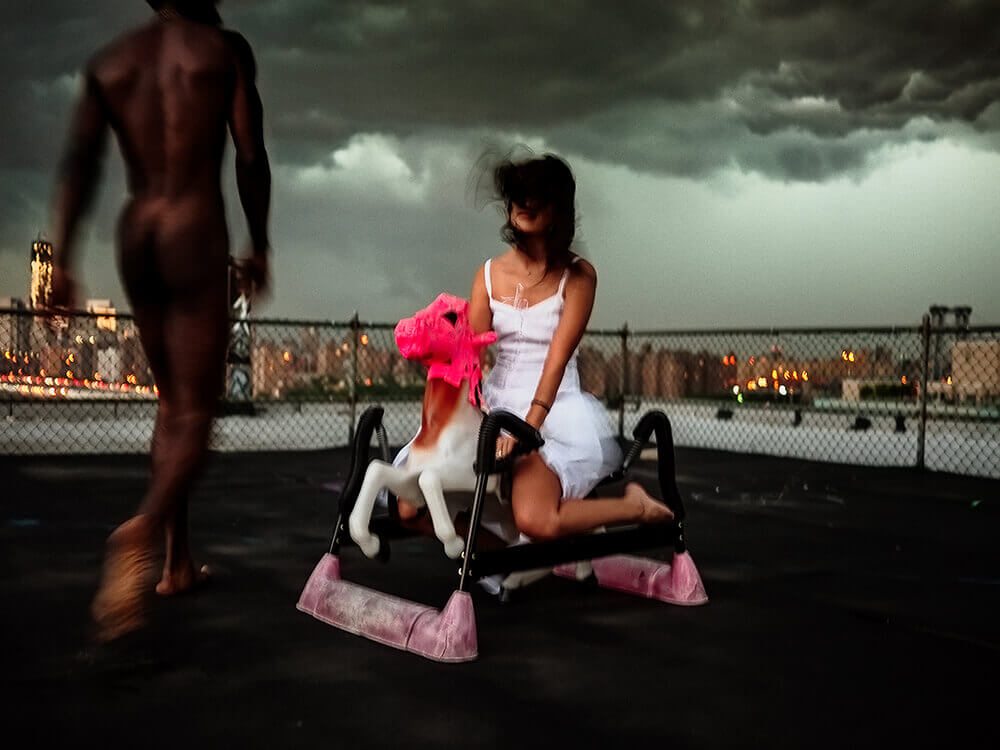INTERVIEW
Instinct and Hunger
WITH DAVID ALAN HARVEY
An interview with David Alan Harvey
“Since photography is the world’s only commonly spoken language it is like any other language. Not all words are poetry.”
Our judge for the second theme of Life Framer Edition IV – STREET LIFE – is David Alan Harvey. David has cemented himself as a living legend of photojournalism, having been a member of Magnum Photos since 1997, in that time creating more than 40 articles for National Geographic, pursuing his own long-term studies, and championing new photography through his online platform Burn.
We put some questions to him, and as might be expected, his answers were insightful and inspiring, jumping between topics as diverse as life at NatGeo, the future of photojournalism, and how Barack Obama could inspire a generation of photographers…
Can you think back to what it was like holding the Leica you’d purchased as an 11-year-old for the first time? As far as you can remember, what went through your mind?
I was 13 when I purchased my Leica IIIF with my newspaper boy money. I brought in $10 every week until it was paid. I knew immediately my life was forever changed and that this camera, and this idea of documenting the world around me, was my path forever.
You’ve been working within photography for several decades, but what keeps you hungry?
This is the really lucky part. To stay enthusiastic and hungry. I think it is because I always did my own projects and had my own voice from the very beginning. I made my own books early. At 14 my first hand-made book. At 22 my first published book. I had the instinct to always do it my way. Yes, I learned to be a pro and to get along well with others at the newspaper and at NatGeo etc…But I also knew that I should always go beyond whatever I was asked to do. So editors early on realized I could be given projects where I was the concept person, not just a photographer. Point is, I never had a “job”. Always earned my freedom. My goals were always lofty…I knew early that I MUST work for the top magazines, try for Magnum etc. Once I was in that mode, I had a sense of historical context. So this kept me fresh and hungry to this day.
To what extent can a photograph reveal something deep and profound about its subject, or can it only ever offer a fleeting glimpse?
Why can’t a fleeting glimpse have depth? There is no time limit of exposure to things that affect us deeply. One can be horrified in a split second and never get it off your mind. Conversely, one could be bored for years and years and pleasure usually comes in short bursts. So a photograph can reveal what the photographer is thinking about a particular subject and have a profound effect, yet based on a split second of clock time.
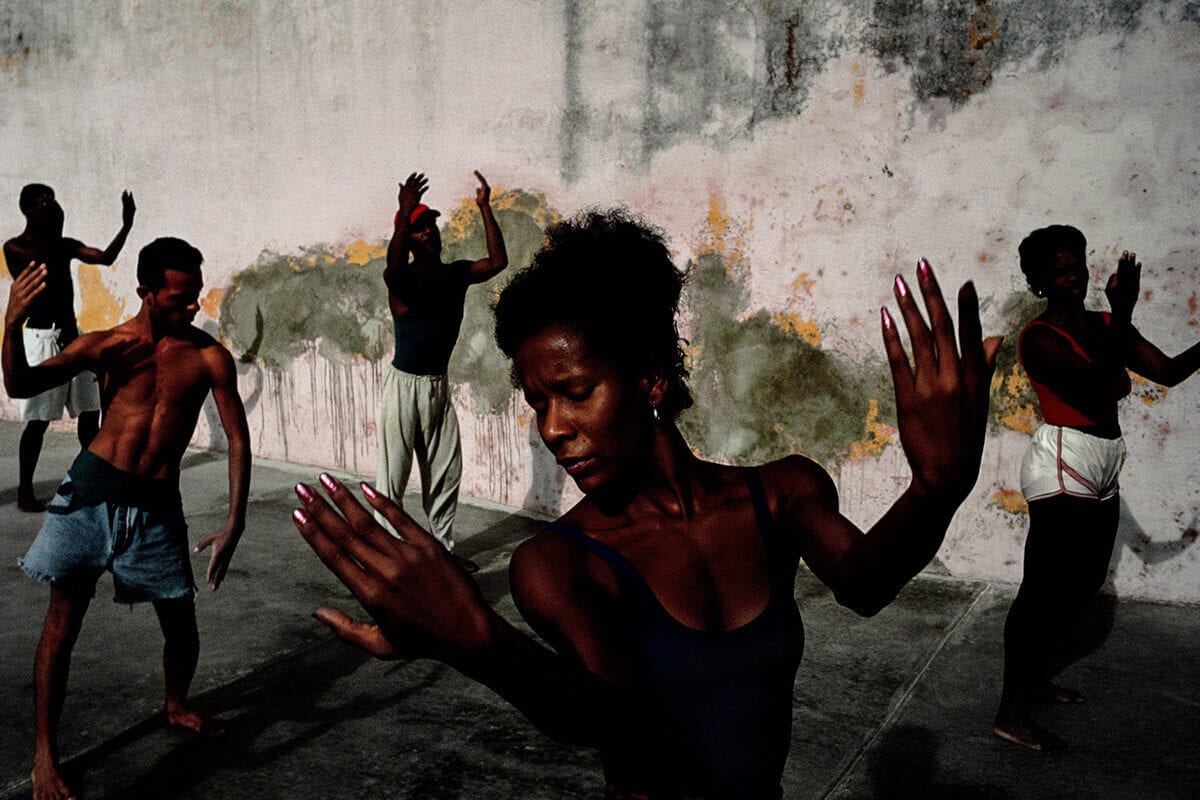
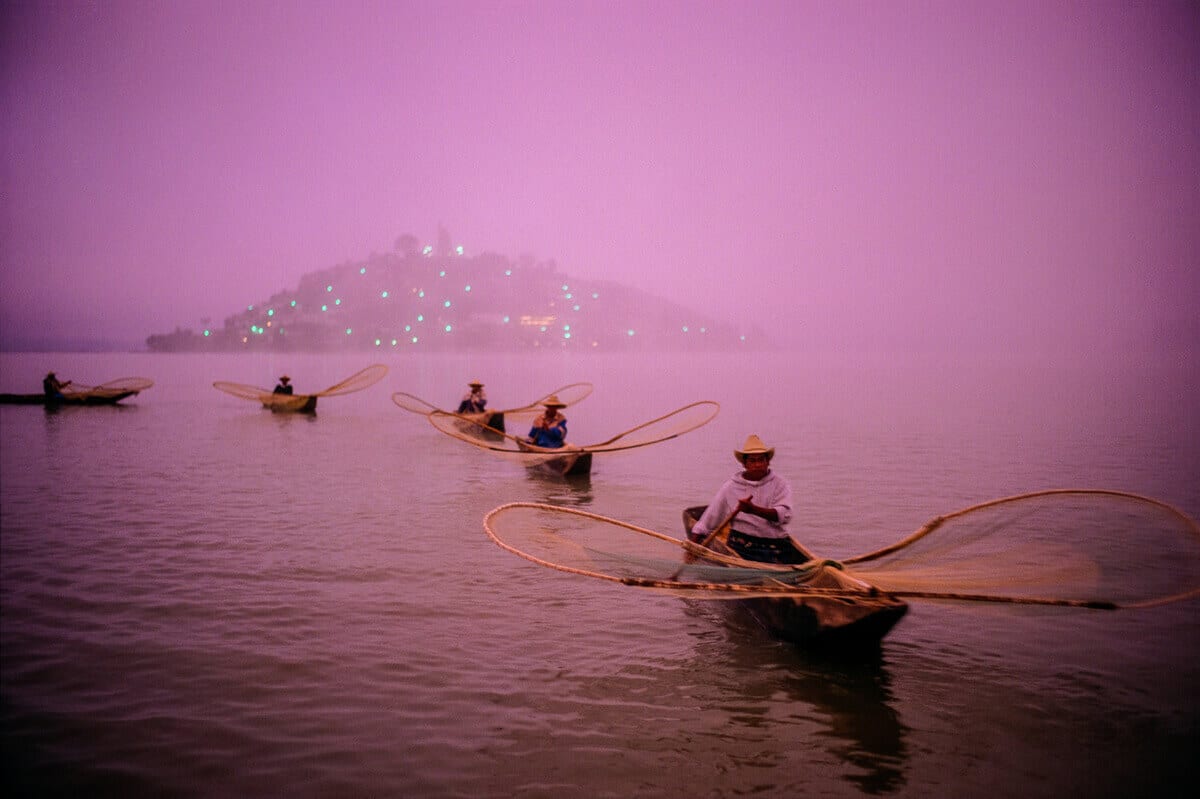
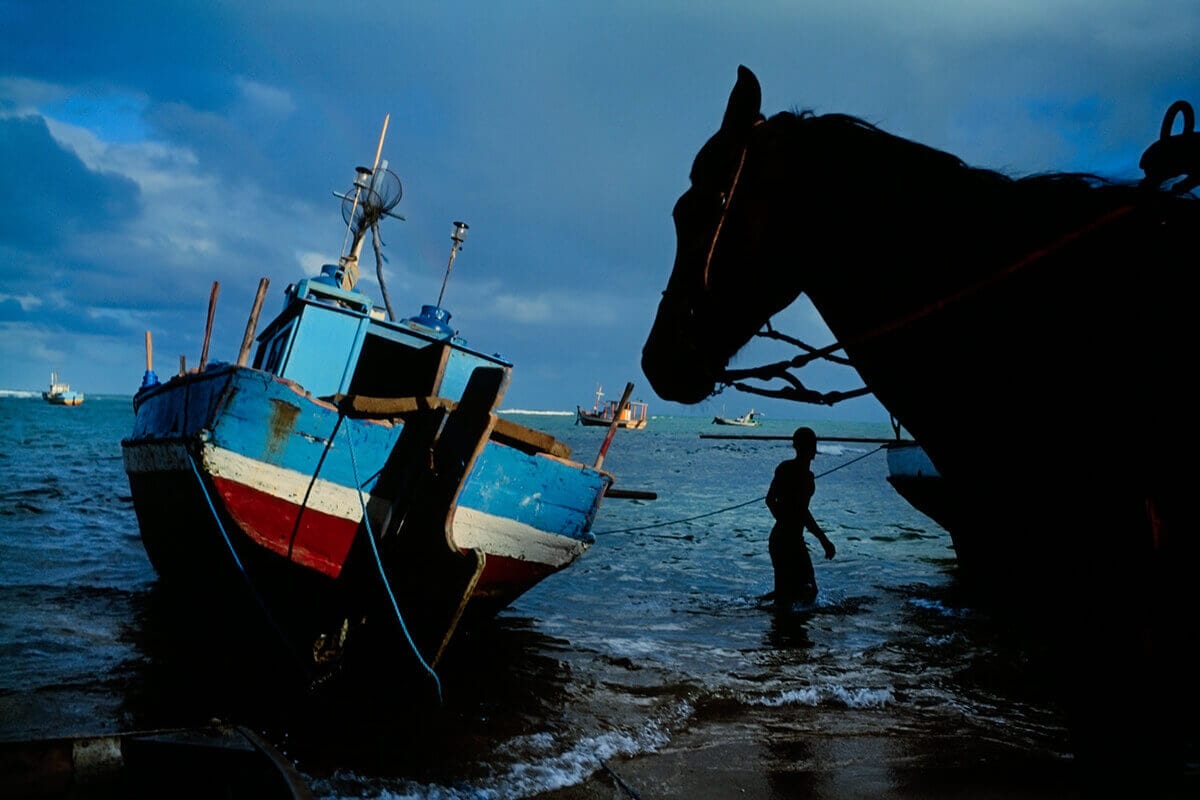
How do you know when it’s time to call it a day with a project? In theory you could keep working on a body of work indefinitely…
There is no formula to know when it is time to finish one thing and move to another. This is just instinct. Since the best photography is based on instinct more than anything else, it is not hard to feel conclusion. Some topics however stay in your mind. I have done three books based on the very same cultural migration from Iberia. Yet each book was different. Each had a different message. Different songs inside the same album so to speak.
Given how inundated we are with are with images in the online space and elsewhere, how and why are online platforms (such as Burn) important, and what role do you think they play?
Well first off, why does everyone feel we are inundated with images? Aren’t we just as inundated with words? With sounds? Just because everybody has a camera and shoots a lot of pictures is no different than everyone speaking the same language at a football game. I do not see a “click” as a picture. It is just a click. Like me writing this sentence.
Since photography is the world’s only commonly spoken language it is like any other language. Not all words are poetry. Not everyone is a novelist just because they speak English, for example. People put way, way too much energy into thinking about the wrong stuff!!
Meanwhile the photographers who do have a real voice are making new and exciting books all the time. Burn helps us to find these artists, these photojournalists, the ones who have something to say. The ones who work instead of complain.
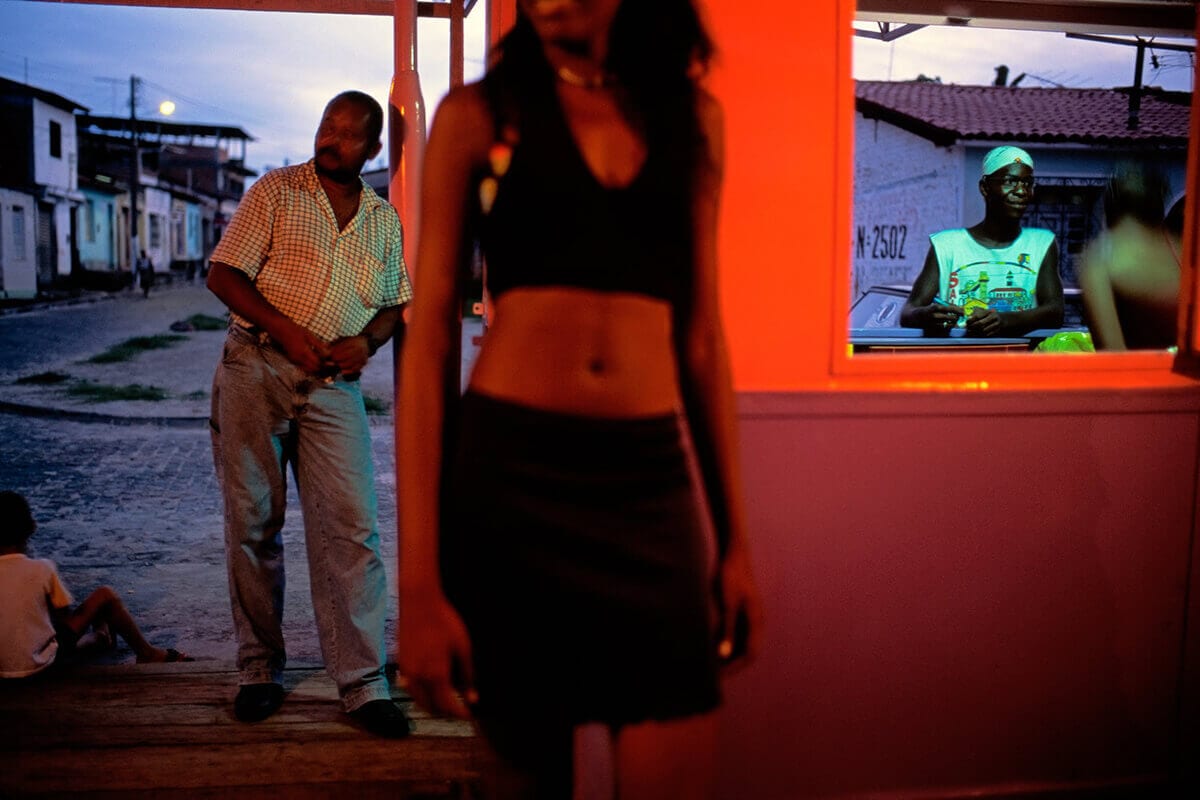
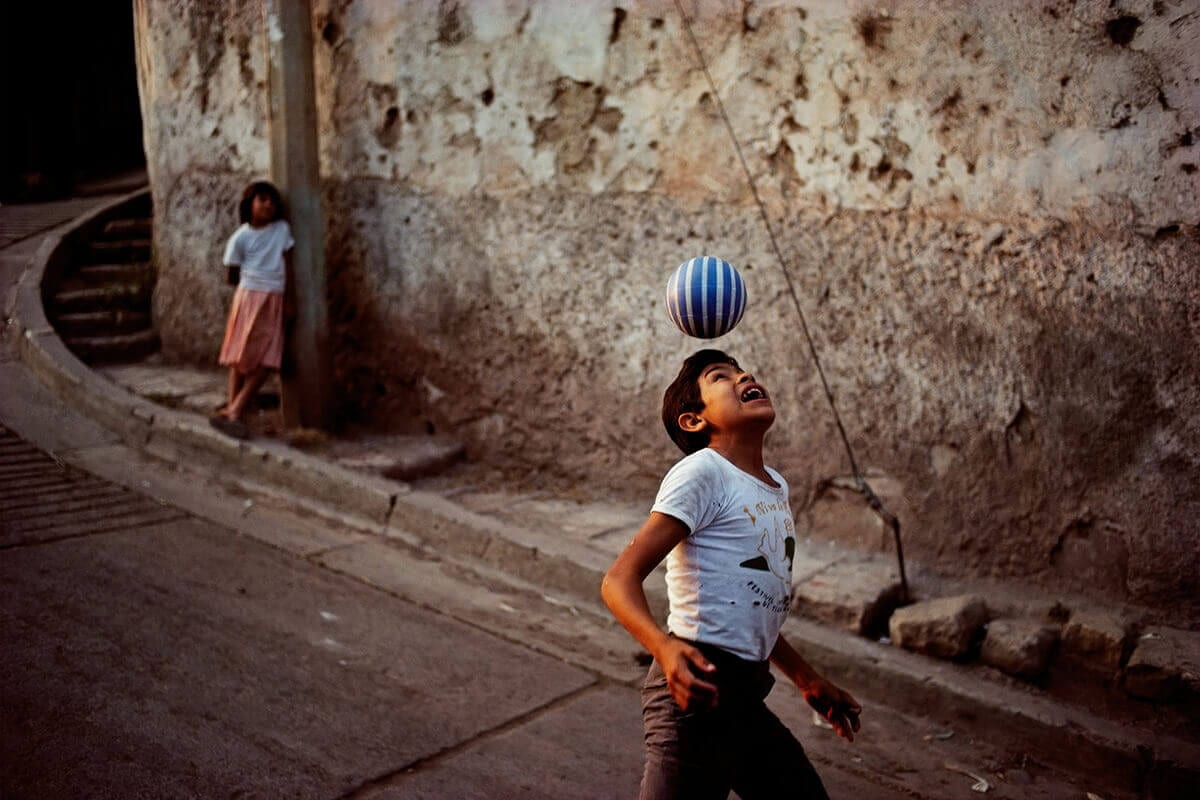
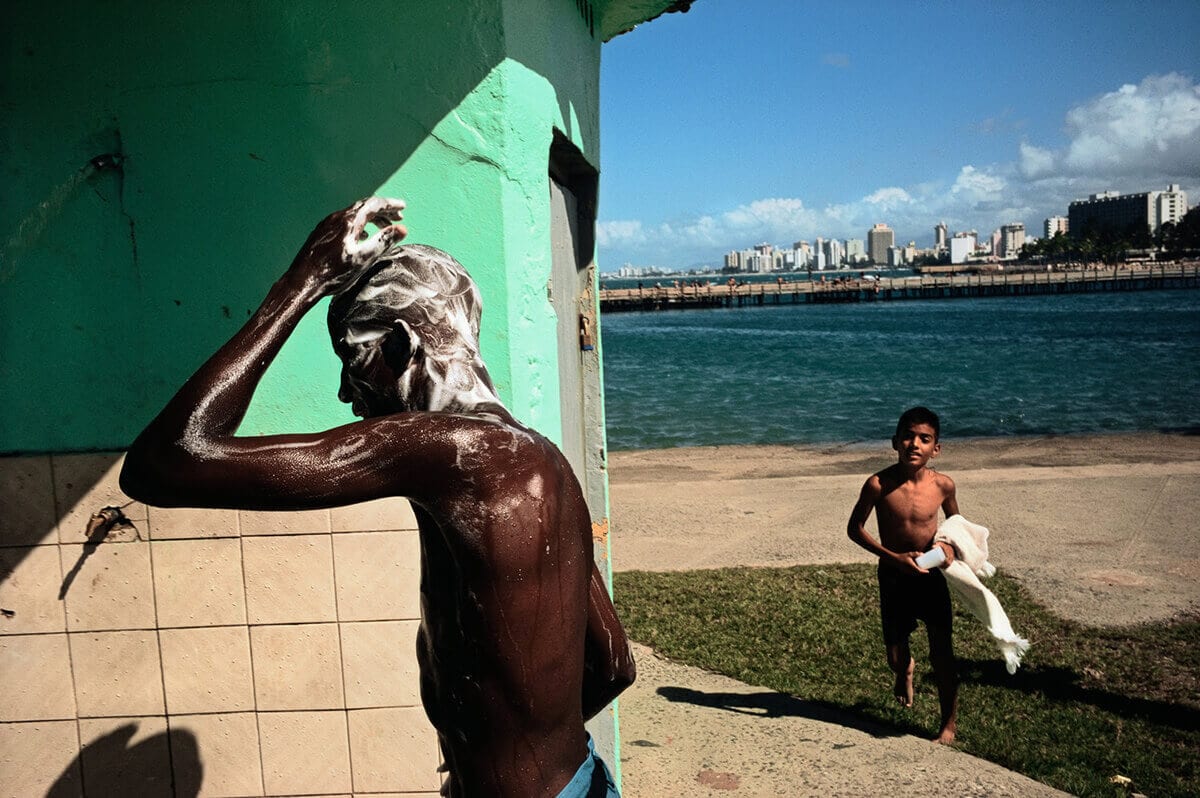
You mention in your ‘Letter from the editor’ on Burn that “evolution and revolution are my keywords for living the photographic life”. What do you mean when you say this, and what advice would you give photographers starting out now given how tough and competitive the field is?
Here is the problem: Somebody declares “I am a photographer.” Fine. Good. That is what I said too. Yet then 6 months later they say “I am an out of work photographer.” That is just silly, right? All these “out of work” photographers is a very crazy concept. Fact is they have not taken the time, made the effort to fully develop. It takes way longer to become a developed, visually literate, photographer than it takes to become a brain surgeon. 10-years at least. There is more opportunity now than ever before BY FAR.
I have an inside vision of what goes on at NatGeo and Magnum and Burn… All those organizations are craving new talent. The door is wide open for those who really have it…We are looking for photographers!! Not gender, nor race specific…Just great TALENT. Yet those who are expecting an easy and fast career track just because they have a few decent pictures are in for disappointment. If you really have something to say you will move to the top. I have never yet seen some mythical, unrecognized photo genius who is not getting published. I like Obama’s line… “People often know what they want to BE, yet have no plan for what they should DO”…so appropriate for photographers from the past and now…
Looking back on your career in photography so far, what has surprised and shocked you most about this art form and the industry?
It is clear that the industry has changed. Technology always changes things in a superficial way yet great storytelling, great art will always resonate. The most ridiculous panel discussions I’ve seen are the ones predicting the demise of photojournalism. When I was a photojournalism grad student I went to a seminar titled “Is Photojournalism Dead?” It seemed to me a wasted discussion just because Life Magazine went out of business. That was 50 years ago. I simply walked out the door and became a photojournalist.
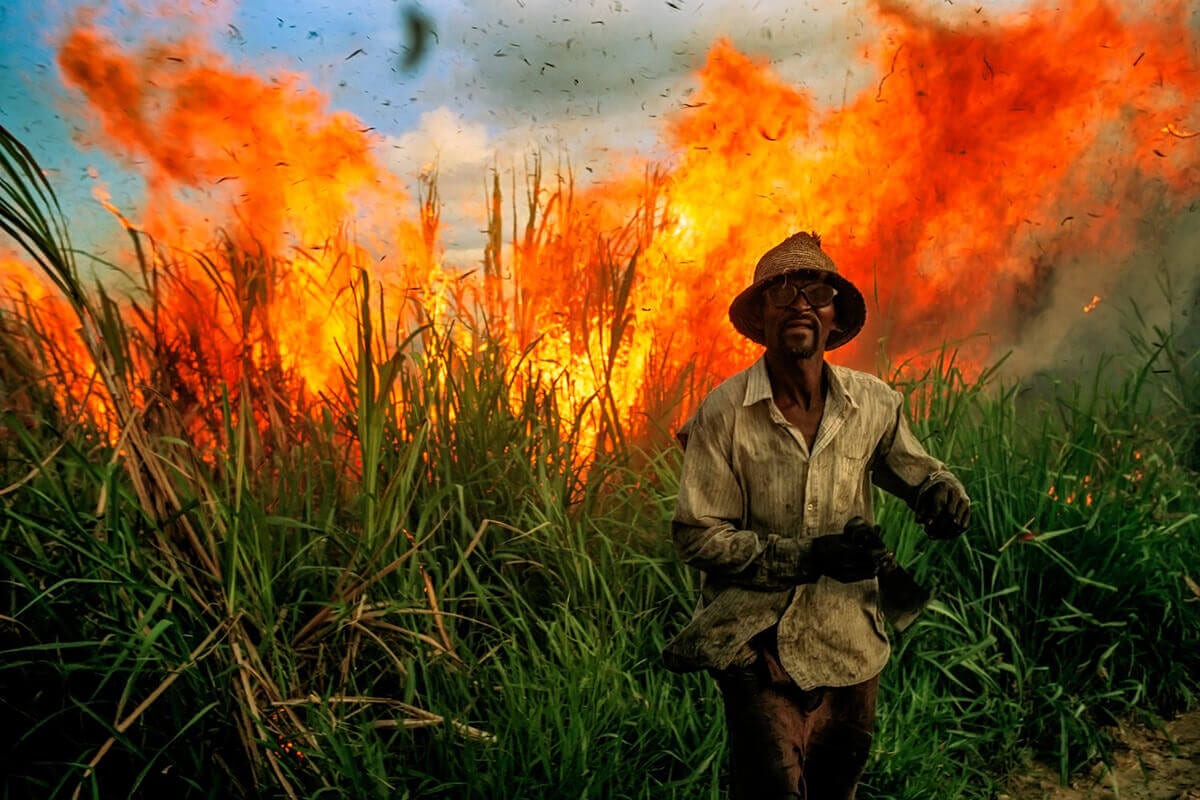
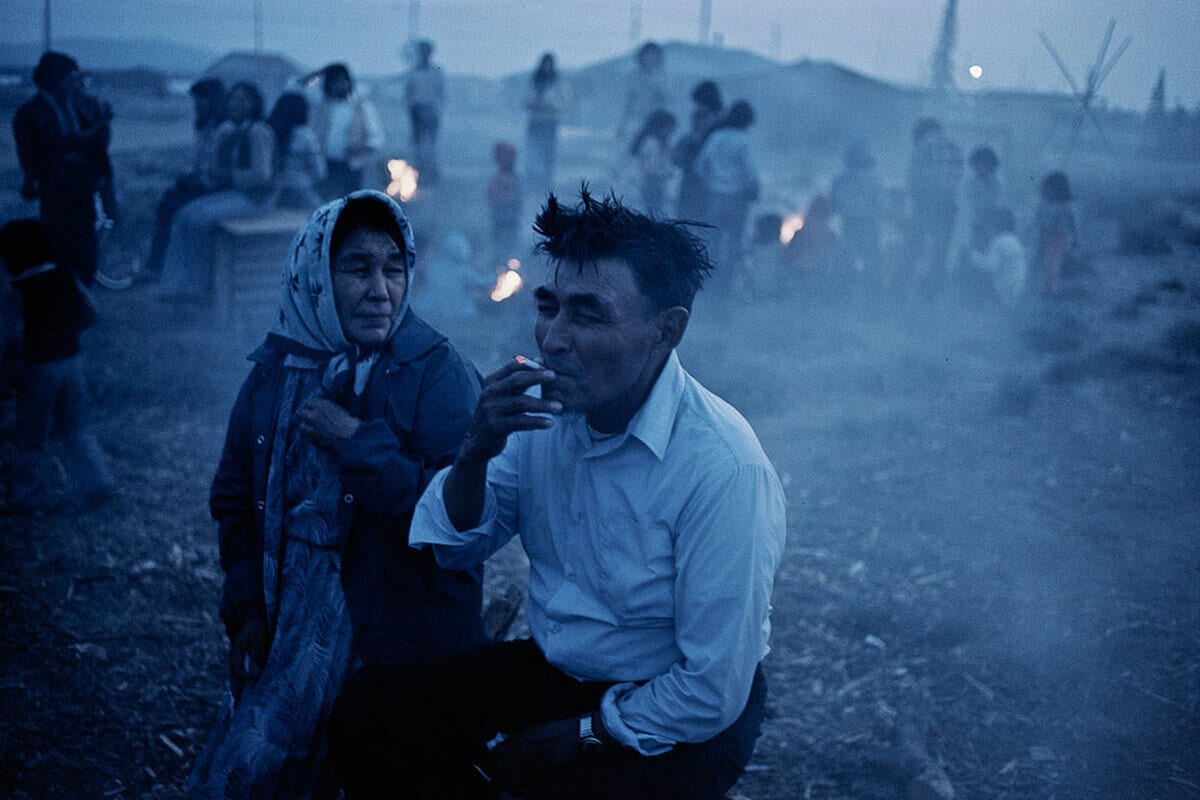
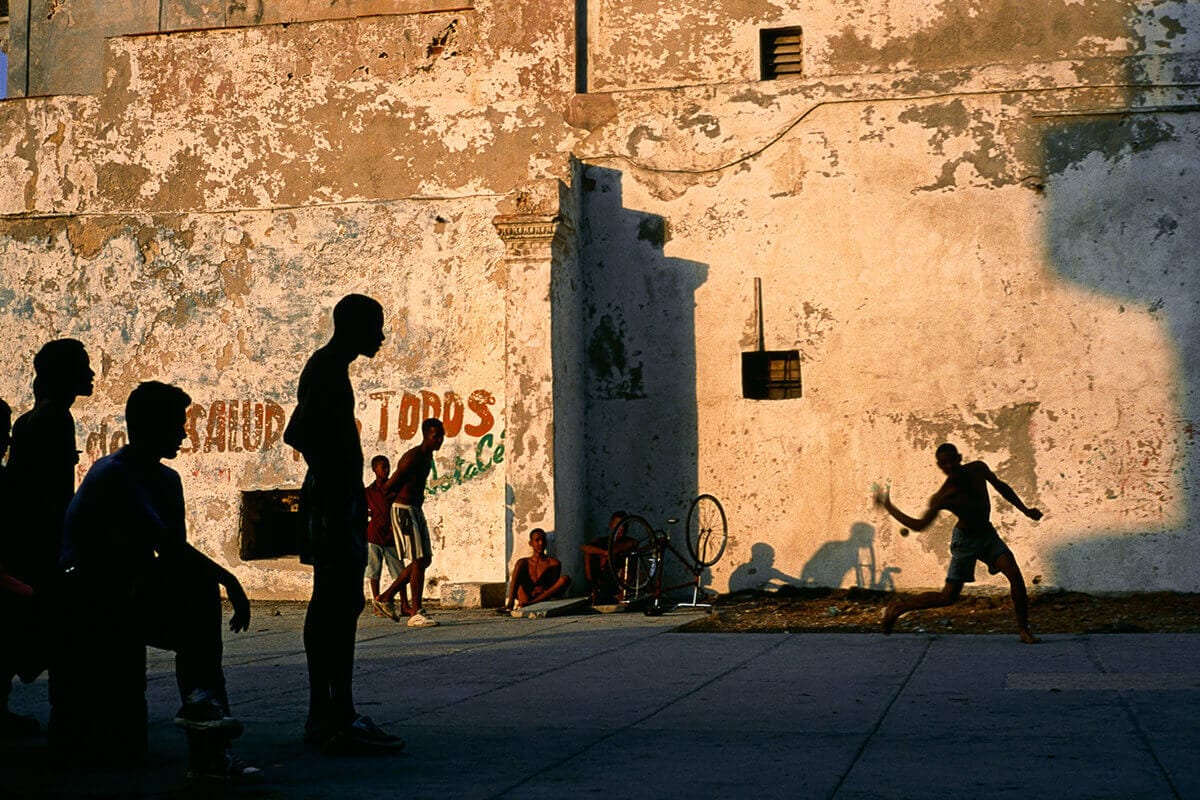
A selection of images from across David Alan Harvey’s career.
All images © David Alan Harvey
See more at www.davidalanharvey.com
